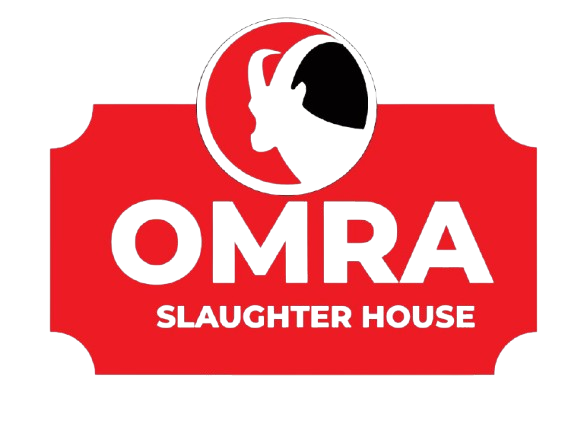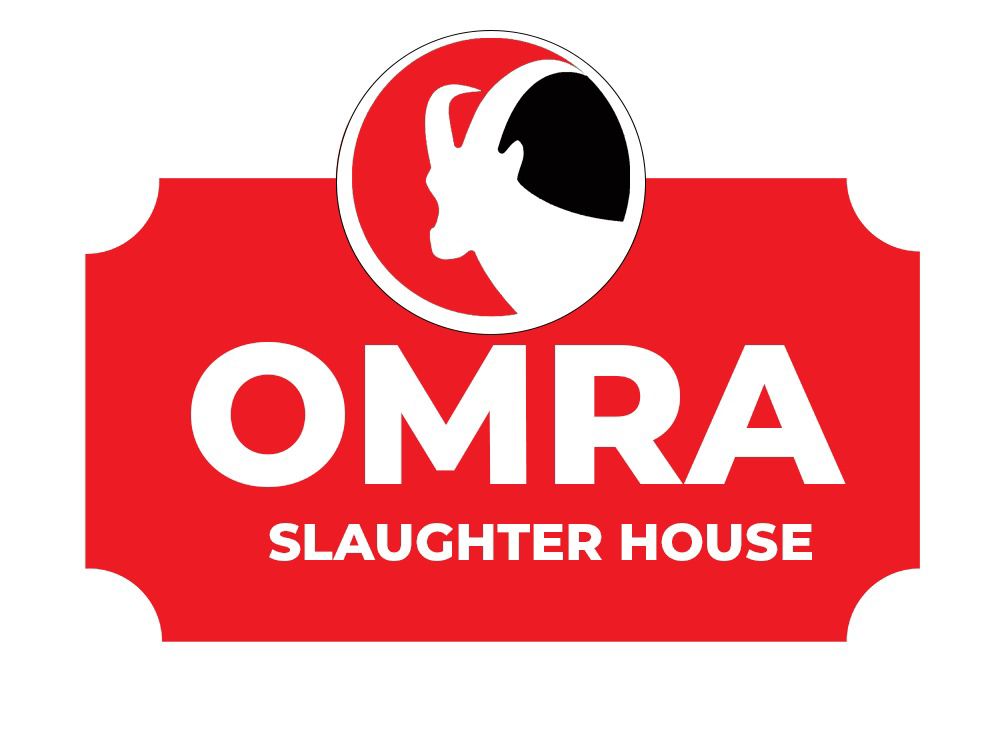Halal meat is not just about religious compliance; it is also about ethical sourcing, high-quality processing, and maintaining global food safety standards. This article explores how the halal meat industry ensures quality, ethical practices, and compliance with international regulations.
Ensuring Quality in Halal Meat Production
Stringent Slaughtering Practices
Halal meat must be slaughtered according to Islamic guidelines, ensuring minimal animal suffering and adherence to ethical standards.
Hygiene and Food Safety Regulations
Halal-certified slaughterhouses follow rigorous hygiene protocols, including proper sanitation, cold storage, and contamination prevention measures.
Certification and Labeling
Halal meat products undergo certification processes to verify compliance with global halal standards. Common certifying bodies include JAKIM (Malaysia), MUI (Indonesia), and the Halal Food Council (USA).
Ethical Considerations in Halal Meat
Animal Welfare
Halal slaughtering methods prioritize humane treatment, reducing stress and ensuring quick and ethical slaughter.
Transparency in Sourcing
Many consumers demand traceability in meat sourcing, ensuring that animals are raised ethically and sustainably before processing.
Environmental Sustainability
Halal meat producers are increasingly adopting eco-friendly practices, including sustainable farming, waste reduction, and minimizing carbon footprints.
Global Compliance in Halal Meat Trade
Standardization of Halal Certification
Organizations worldwide work towards harmonizing halal certification standards to facilitate international trade.
Overcoming Trade Barriers
Many countries impose restrictions and regulations on imported halal meat, requiring exporters to navigate complex compliance requirements.
Importance of Supply Chain Management
A well-managed halal meat supply chain ensures product integrity from farm to consumer, maintaining trust and compliance with halal laws.

